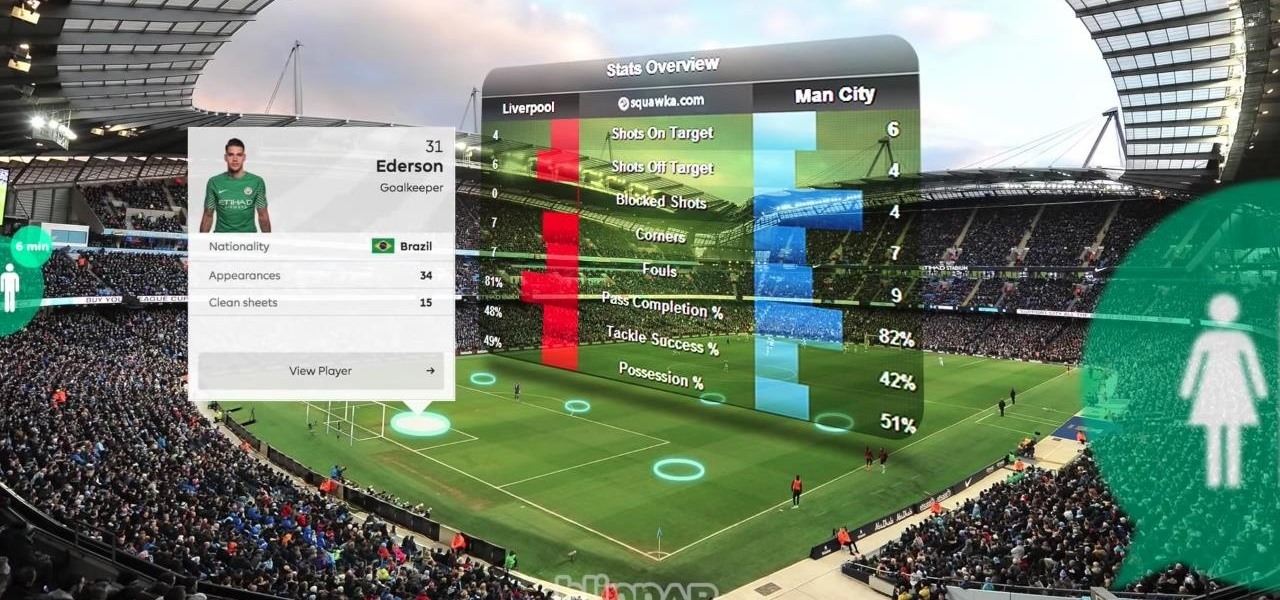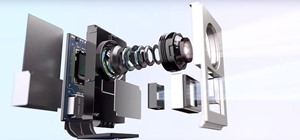Mobile augmented reality pioneer Blippar has now completed its fall from hopeful AR startup to the immersive computing history books.
On Monday, Blippar confirmed via a blog post that it has entered administration, the UK equivalent of bankruptcy in the US. The announcement comes after reports surfaced last week that a conflict between investors threatened to hold up funding that would keep the company afloat.
- Don't Miss: Facebook Debuts Image Recognition in Camera AR with 'Ready Player One' & 'A Wrinkle in Time' Poster Promos
Now that one of the company's shareholders has voted against the required funding, the company is at its end.
The company also disclosed on its website the appointment of Paul Appleton and Paul Cooper as joint administrators of Blippar and its assets. The administrators, appointed by a UK court, have the responsibility of finding a buyer for the company as a whole, or as divided assets. As part of the administration process, Blippar expects its business operations to cease, with the administrators cutting all employees.

"Like many startups and scale-ups, we are accustomed to adapting and refining our business strategy in an ever-changing industry," the company's team stated in its farewell message.
"Our journey as a frontier tech company in a new emerging industry has been incredibly rewarding. It also hasn't always been easy and along the way we've had to take some hard decisions. At all times our goal has been to help drive the AR industry, encourage innovation, build incredible experiences and tools for our clients, and deliver long-term value to our shareholders."
Founded in 2011, Blippar emerged as one of the earliest mobile AR companies, offering marker-based AR experiences for marketing campaigns.

However, as augmented reality gained popularity and competitors like Snapchat and Zappar entered the mobile AR arena, Blippar failed to capitalize on its early advantage.
In fact, some of the company's issues have been well documented by those close it. In 2017, the founders of Layar, another early mobile AR company that Blippar acquired in 2014, criticized the company's leadership and its lack of strategy and vision.
Looking back over the past year, it would be hard to disagree with that assessment. The company has launched numerous computer vision-based AR features, such as automobile recognition, facial recognition social profiles, urban navigation as well as indoor navigation platforms, and landmark recognition. The sprawling nature of these initiatives does not appear to follow a clear strategy other than to computer vision all the things.
Meanwhile, Snapchat and Facebook, with their own AR platforms for advertisers and much bigger user bases, have become the primary destinations for advertisers rather than Blippar's app. And the emergence of ARKit and ARCore has given developers and publishers the tools to build their own AR apps that don't require scanning of special codes to deliver AR content.
Blippar's downfall demonstrates that, while AR technology is hot right now, it is not impervious to major missteps. Nevertheless, the company has a deep bench of AR and AI tech, so its assets should attract attention from other tech companies either already working on AR or looking to get a jumpstart.
In fact, Snap, Inc., Snapchat's parent company, has already pursued an acquisition of Blippar, so this could be a chance for Snap to kick the tires again.
Just updated your iPhone? You'll find new emoji, enhanced security, podcast transcripts, Apple Cash virtual numbers, and other useful features. There are even new additions hidden within Safari. Find out what's new and changed on your iPhone with the iOS 17.4 update.























Be the First to Comment
Share Your Thoughts